What is HS Code? What are the HS codes for steel products? The HS Code is a performance-standardized product identification and classification system designed by governments to handle taxation, pricing, budgeting, and economic policies. Customs and non-customs measures include international trade rules and other forms of foreign economic activity, as well as the maintenance of customs statistics.
In international trade, all trade goods are classified according to a single international standard, in the Iranian Import and Export Regulation Manual (prepared by the Iranian Trade Development Organization for Import and Export Surveillance Office), the goods are divided into 21 parts and 98 chapters, double-digit format. The eight-digit code, which is published annually, is open to the public.
Each product has a standard eight-digit code (customs number) and is used in the same way in all organizations, including the Tax Office, the Trade Development Organization, the Ministry of Industry, Mines, and Trade, which specify the product specification International Commodity Code specifies many details about an item.
In the global market, buyers and sellers of goods register the international item code on their sales invoice, which is the same as the HS CODE on the invoice. In other words, the HS Code is a performance-standardized product identification and classification system designed by governments to handle taxation, pricing, budgeting, and economic policies.
HS Code is an international system implemented by the WTO. In this system, all goods are classified by country according to an 8- or 10-digit code, the first 4 or 6 digits are common across the Member States, and the next 2 or 4 digits can be classified by country.
The space is different. As this tariff is common across the top 6 countries on the far left, it can serve as a good criterion for distinguishing between goods in communication and trade.
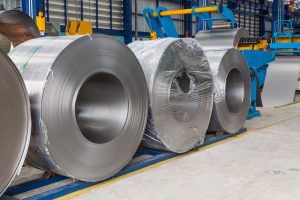
For this reason, the maintenance of customs and non-customs measures, international trade rules, and other forms of foreign economic activity and customs statistics are included in the system. Usually, product codes appear in forms and invoices. But the name of the product is sufficient, the code is not required.
The exporter (or seller of the goods) is obliged to define the customs code of the product, in any case (intentionally or not) the HS product code is incorrectly defined, it is a violation of customs rules and regulations that will result in the penalty for the customs value of the goods administrative sanctions of 50% to 200%, as the international commodity code determines the import duties on goods and determines the necessity or non-necessity of import licenses from public authorities.
By 2015, 180 countries had incorporated the use of the harmonized system into their tariff classification structures for the export and import of goods. HS customs codes are used by the world customs for customs procedures, companies responsible for statistics and trade information, and other public authorities active in trade, to monitor and control the import and export of goods. Some uses of HS tariffs are:
- Tariffs.
- Collection of international trade information and statistics.
- Rules of origin.
- Collection of domestic taxes.
- Use commodity tariffs in trade negotiations and preferential tariffs.
- Duties in connection with the transport of goods.
- Classification of dangerous goods, quarantine requirements, hygiene …
Due to the booming steel industry in the country and the growing number of rebar products, it has become a major challenge for buyers to identify the authenticity of the products produced by the mills. One of the buyers’ concerns is the detection of counterfeit rebar from the original product.
One of the most important factors that valued buyers should be aware of is that when buying this product, it is the initials engraved on the manufacturing rebar companies. The engraved abbreviation of the product greatly reduces the confusion of the buyer’s use of the product, as well as the identification of its authenticity.
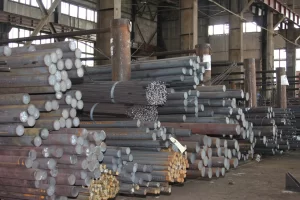
steel products discount code
there may be some discounts for steel products, but they are not in the codes. As a matter of fact, if you want to take any discount you better talk to the seller directly. Some countries are giving some good discounts to some specific countries, and sometimes these discounts are destroying the market for other countries.
For example, Russia’s discount on steel products to customers in export markets is so high that the prices of Iranian steel products are not attractive to customers and buyers in those markets. It is almost impossible to sell in the export market due to Russian dumping as Russia is currently trying to sell all its products below the market prices.
Russia’s discounts to customers in export markets are so high that the prices of Iranian steel products are not attractive to customers and buyers in these markets, and according to the information received, Russian steel products are sold at 35% lower than market prices.
Russian steel products supply a large part of the market and are one of the largest producers of steel products in the world, and in practice, it is very difficult for us to compete with this powerhouse in the field of steel products.
Iranian production units cannot lower prices too much, Russia prices its steel products below the price of ingots that Iranian producers buy to produce the final product, so the Iranian market is in a state of collapse, and Iranian producers really do not have any plan to sell their products in the market.
The country’s steel producers are in a difficult situation in the domestic and foreign markets, on the one hand, they are sanctioned and changed sales documents, and solve administrative issues in connection with exports, and on the other hand, the government and the Ministry of industry, mine and Commerce have imposed new sanctions on manufacturers through the introduction of customs duties, which seriously damages the sale of steel products to export to the target markets.
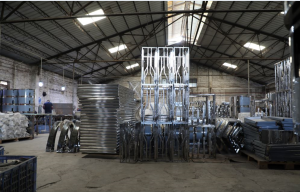
There are some countermeasures to control the market in Iran and the plan is to work with China. After selling oil cheaply to the Chinese, it is clearly time to cut back on the steel trade. Weak demand for steel bars and steel products in China’s domestic market is said to have pushed down Iranian steel export prices, leaving Iranian traders with no choice but to offer discounts to sell their products in East Asian markets.
There are rumors that Iranian traders are offering a $ 50 discount on Iranian steel exports. The financial crisis for Chinese real estate development companies, especially Evergrande, has led to a downturn in the Chinese real estate market and the Chinese real estate industry; in this case, Iranian manufacturers have no choice but to offer discounts to sell their products in the Chinese market. In this case, falling prices for thermal coal and coke also support this price-reversing trend.
Currently, bars destined for Chinese ports are traded at around $ 580 per ton. meanwhile, ingots exported from the CIS are traded at around $ 620 per ton. Despite the weakened demand for ingots and steel products in various markets, Turkey’s high scrap prices simply do not allow for a decline in rebar exports from the CIS.
Quality is paramount in the industry today, so the quality of steel products must be assessed carefully and accurately. Quality control methods for black steel plates have been improved over the past and these plates have also been expanded in style and shape.
Steel plates are used in structures, bridges, and pressure vessels. These sheets are also effective when making household gas capsules. On the other hand, these products are used in the automotive industry for the manufacture of body shells and chassis. Steel products are a unique option for standard-quality oil and gas pipelines.
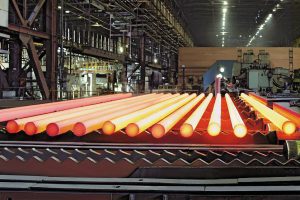
steel products GST rate
indeed, there are many GST rates on all products, and steel products are not an exception. Taxes are part of the state’s revenue. Financing has always been tax-based, especially in recent years, and has been affected by a sharp drop in government oil revenues.
Industry and production, as one of the productive sectors of the national economy, can play an important role in tax financing. But industry activists and producers stress that the tax route from industry is important and can even be used to stimulate direct production.
For example, these industrial activists stressed that export tax exemptions can be used as a tool to complete production chains, value creation, industrial and economic development, and create employment prosperity. They further stressed that there are legal loopholes in reducing industrial taxes, which are mostly allocated to large and parent companies.
On the other hand, these industries are expected to account for a larger share of the state’s tax revenue, and therefore it seems necessary to reconsider the way in which taxes are levied from industries. Taxation is one of the most important tools for generating government revenue.
The company’s gross income and income from profitable activities after deduction of losses on non-exempt funds and deductions in tax deductions are taxed at a rate of 25% unless they are levied separately in accordance with the provisions of the National Tax Act. China. this law. However, there are legal loopholes in large industries that do not pay taxes.
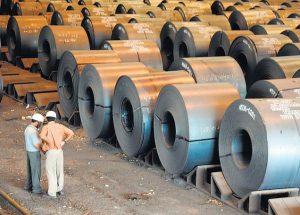
steel products taglines
In the world of branding and marketing, there are two functional tools to take advantage of. Taglines and Slogans are those tools. Steel products also have taglines and slogans. But what is the difference between a tagline and a slogan, and how can we use them to grow our brand?
All successful and leading companies use taglines and slogans to communicate effectively with customers and create a positive mental image. Taglines and slogans are short and effective phrases used to introduce a business, but many people generally use the two tools instead of each other. A tagline is a short phrase that is actually an advertising brand used to introduce and strengthen the brand.
Unlike slogans, taglines are usually permanent and do not change as the brand grows. Large and small businesses and companies that use taglines in their marketing and advertising campaigns can have a lasting impact on their audience.
The slogan introduces the customer to the brand’s main purpose and approach, without mentioning the characteristics of its products and services. Taglines are memorable phrases that set a brand apart from others and help consumers remember what they want from a brand.
A slogan is a short, multi-word phrase used in the marketing and advertising process whose main purpose is to highlight and develop a brand’s products and services. These phrases usually tell the audience the reason and message of the brand’s existence and focus on the characteristics of its service.
Slogans, unlike taglines, are temporary, short-term phrases that change over time to introduce a product’s features and functionality to an audience in a short amount of time. Therefore, the biggest difference between slogans and taglines is the duration of their use in advertising and marketing.
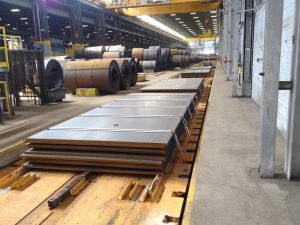
A successful slogan, along with a logo and a brand, is considered a central and influential element that can draw consumers’ attention to its products and services. Slogans usually belong to a particular product or ad campaign and are forgotten after a while and may not be used anymore. Slogans, however, are memorable phrases that convey positive feelings about a particular product to the audience while introducing its main features.
“Goal” is the main difference between a tagline and a slogan and plays an important role in their invention. A slogan is usually created to express the characteristics of a product, while a slogan is an advertising slogan that forms the audience’s mental image of a brand.
If the slogan is made in a principled way and in line with the brand approach, and when people hear the brand name, they will quickly remember the slogan or its slogan. However, taglines are usually created to describe the key characteristics of the product or service in an ad campaign, and you may have a specific tagline for each product. But this is not the case with taglines, each brand can only have one tagline to present itself to consumers.
There are many different taglines for steel products as well. To get to know the steel products it is better for you to go through the best international companies and find the best factories manufacturing number one products in the market.
There are many good factories and companies in the world working on iron and steel products and our company is working with most of them. These companies are exporting and importing goods from all around the world, and we are directly connecting our customers to them. If you want to know the best products, manufacturers, and companies just contact us.
You can contact us to buy and sell this product:
Sales consultant: Ms. Leila Nematzadeh
Ways of communication: Phone number: 02147623014
Phone number: 02147623014
 Phone number: 04133660491
Phone number: 04133660491
 Phone number: 09120169267
Phone number: 09120169267
 WhatsApp Response (Skype): click
WhatsApp Response (Skype): click
 Instagram: simurgh_steel_company@
Instagram: simurgh_steel_company@
 email: info@simurghsteelco.com
email: info@simurghsteelco.com
 email: ironore110@gmail.com
email: ironore110@gmail.com
 Facebook: ironore110@
Facebook: ironore110@
 LinkedIn: simurgh-iron-and-steel-company-a68295180@
LinkedIn: simurgh-iron-and-steel-company-a68295180@
 twitter: CoSimurgh@
twitter: CoSimurgh@
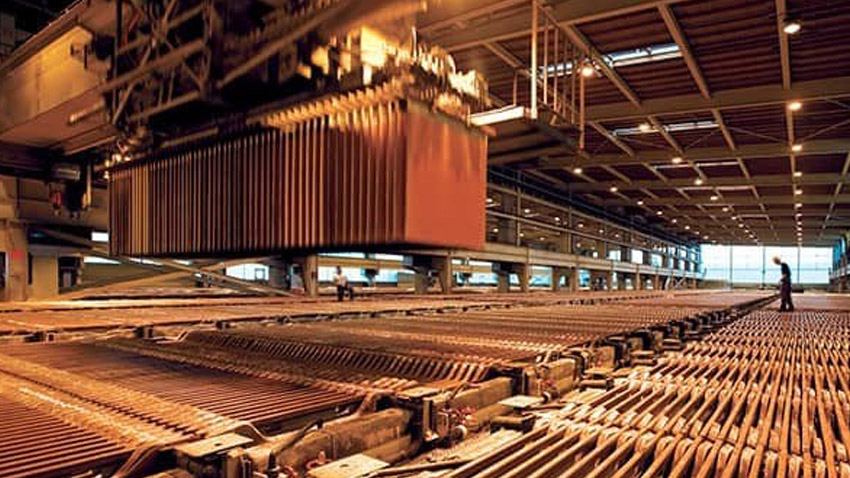
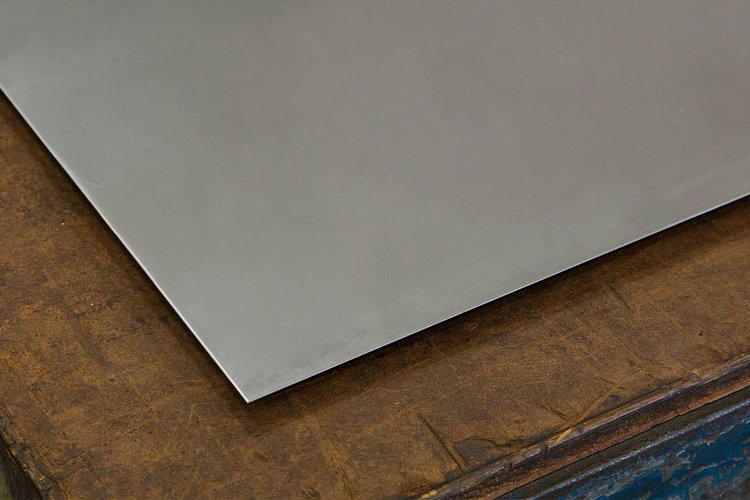
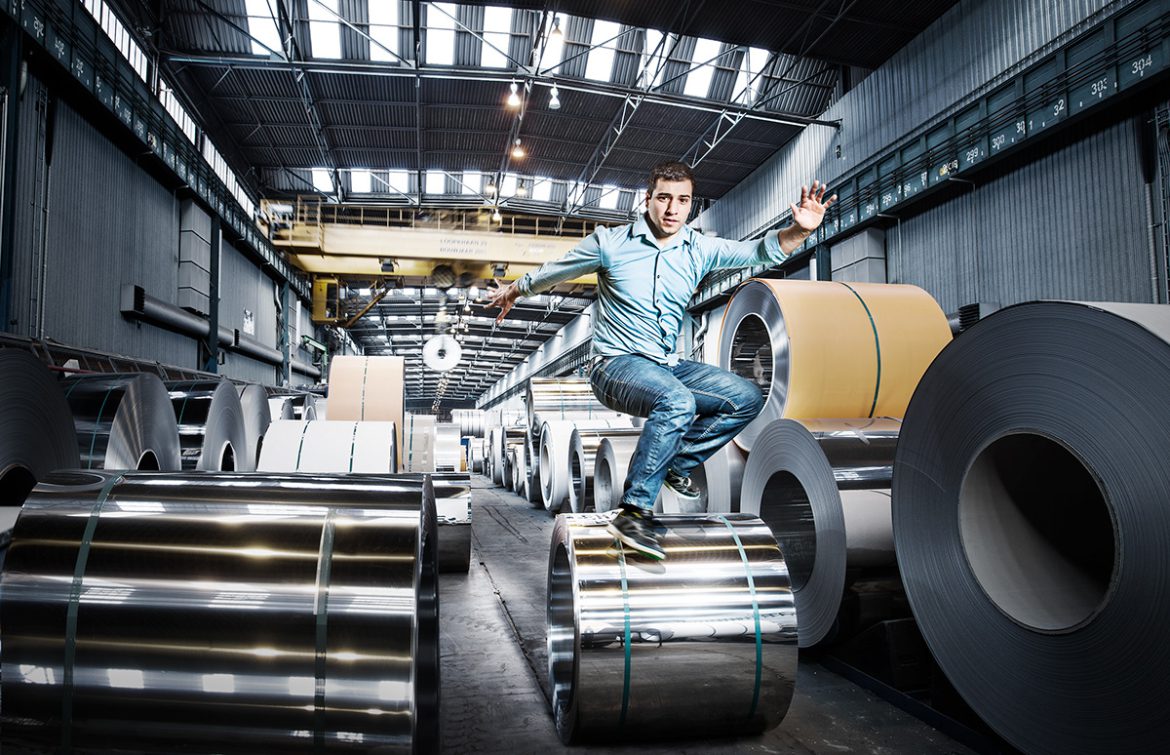
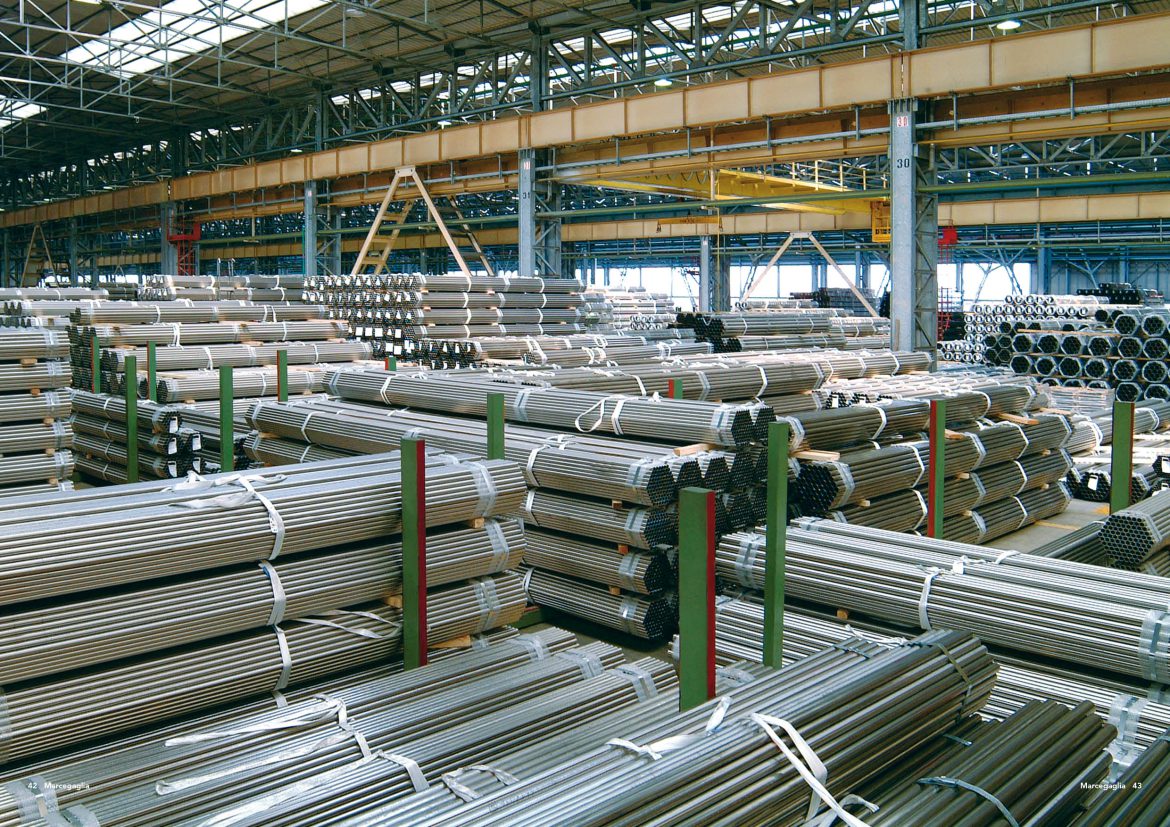
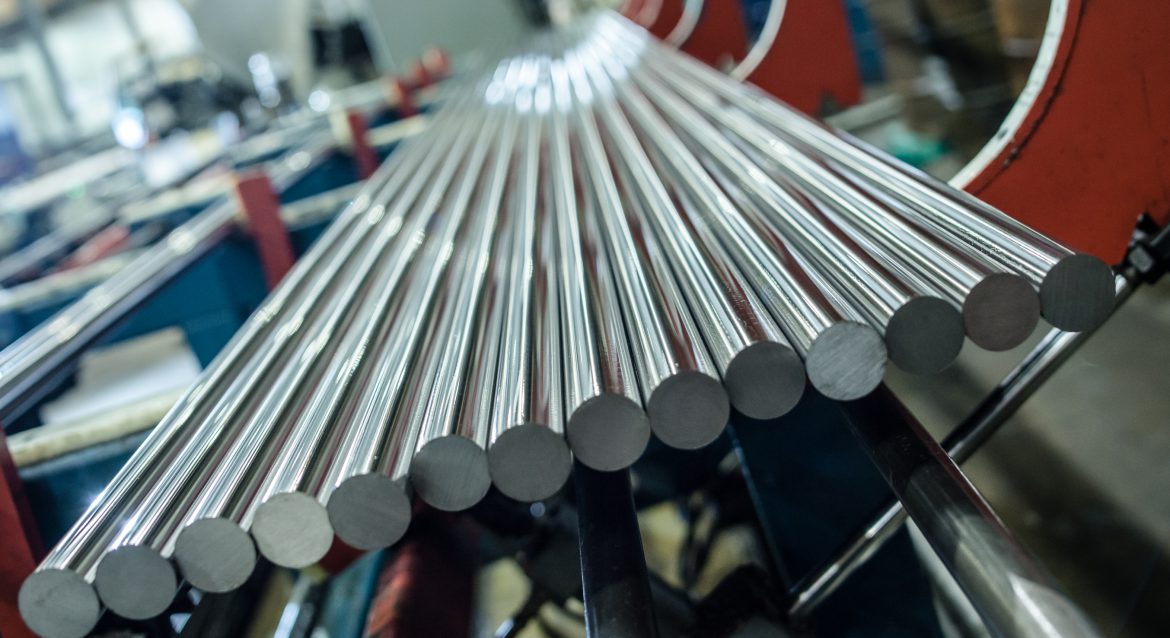
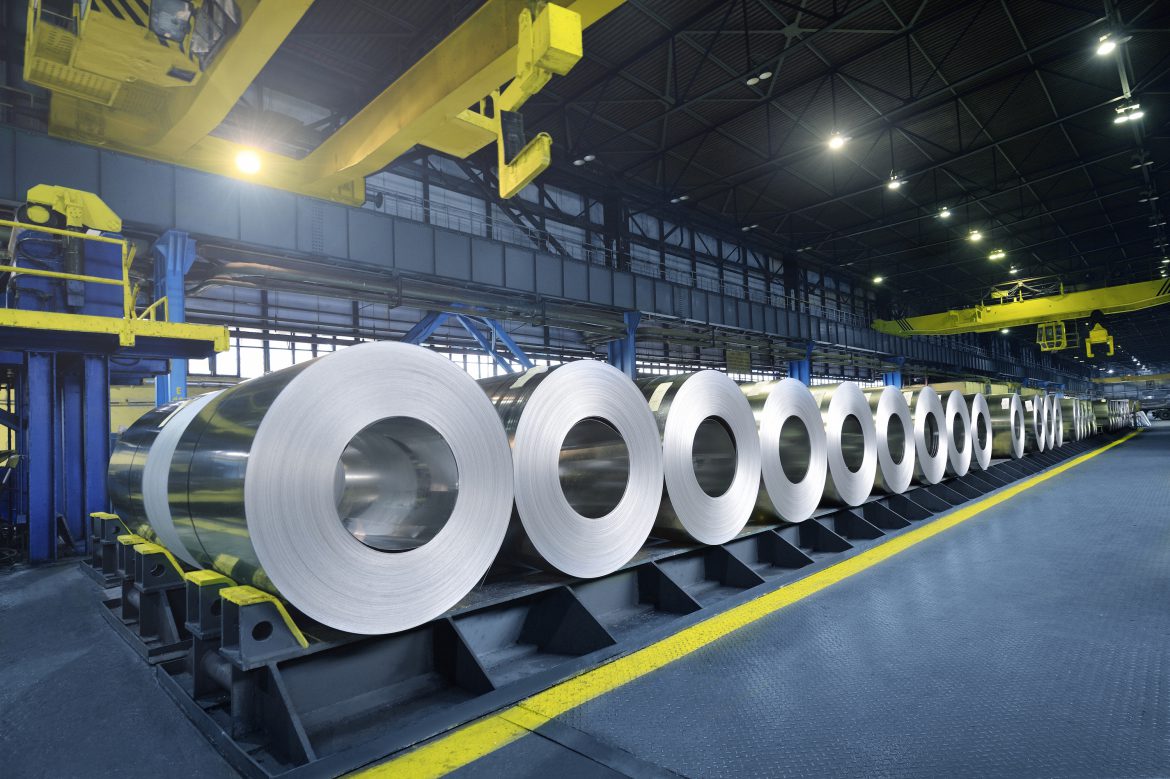

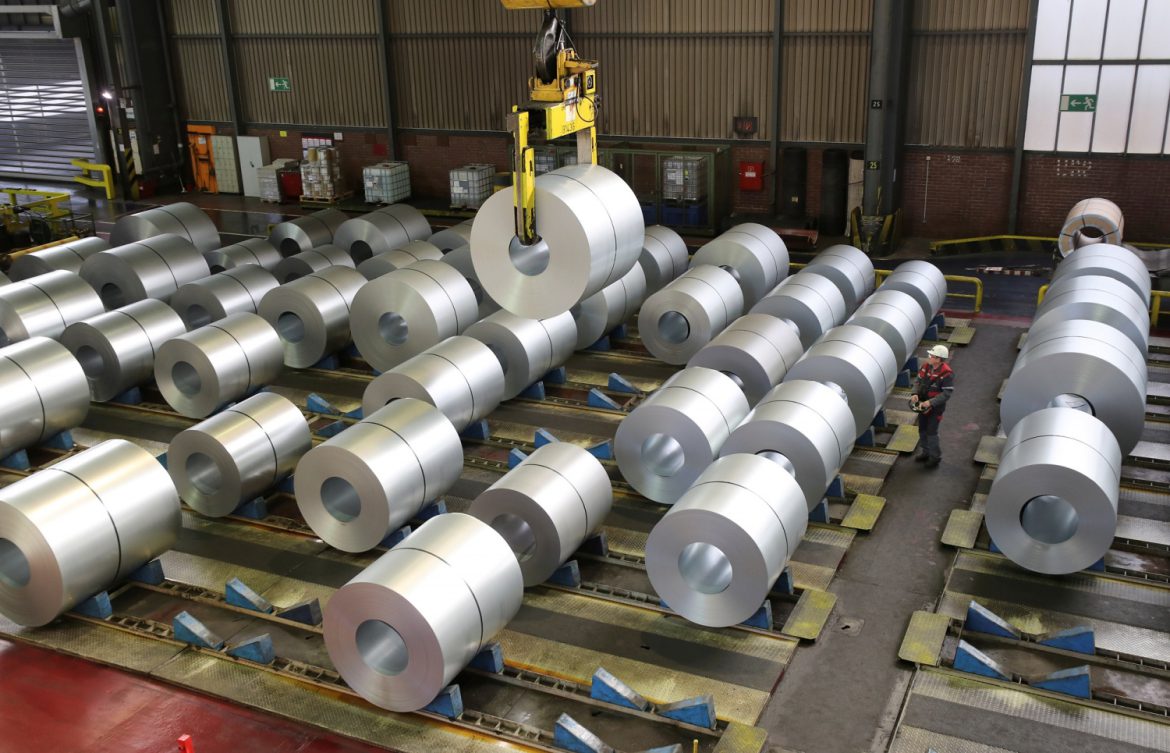
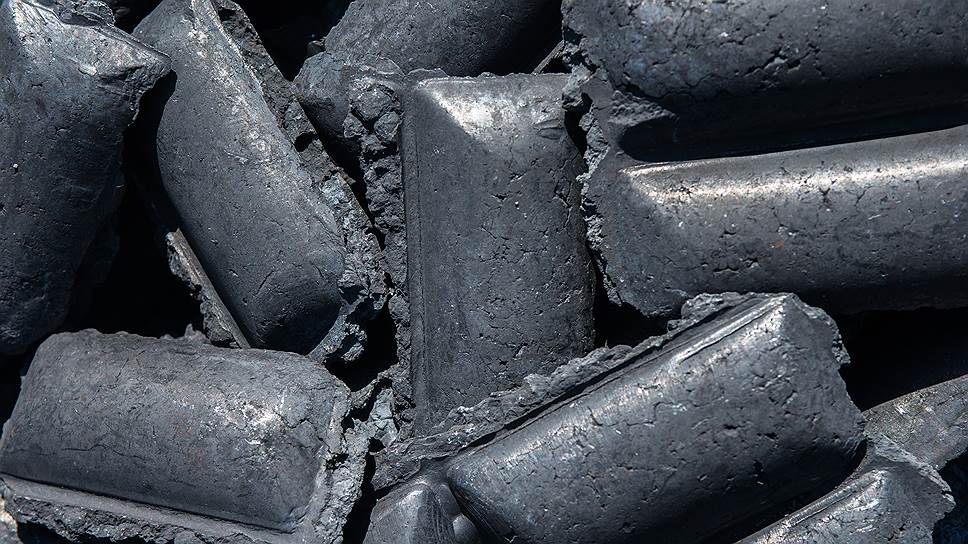
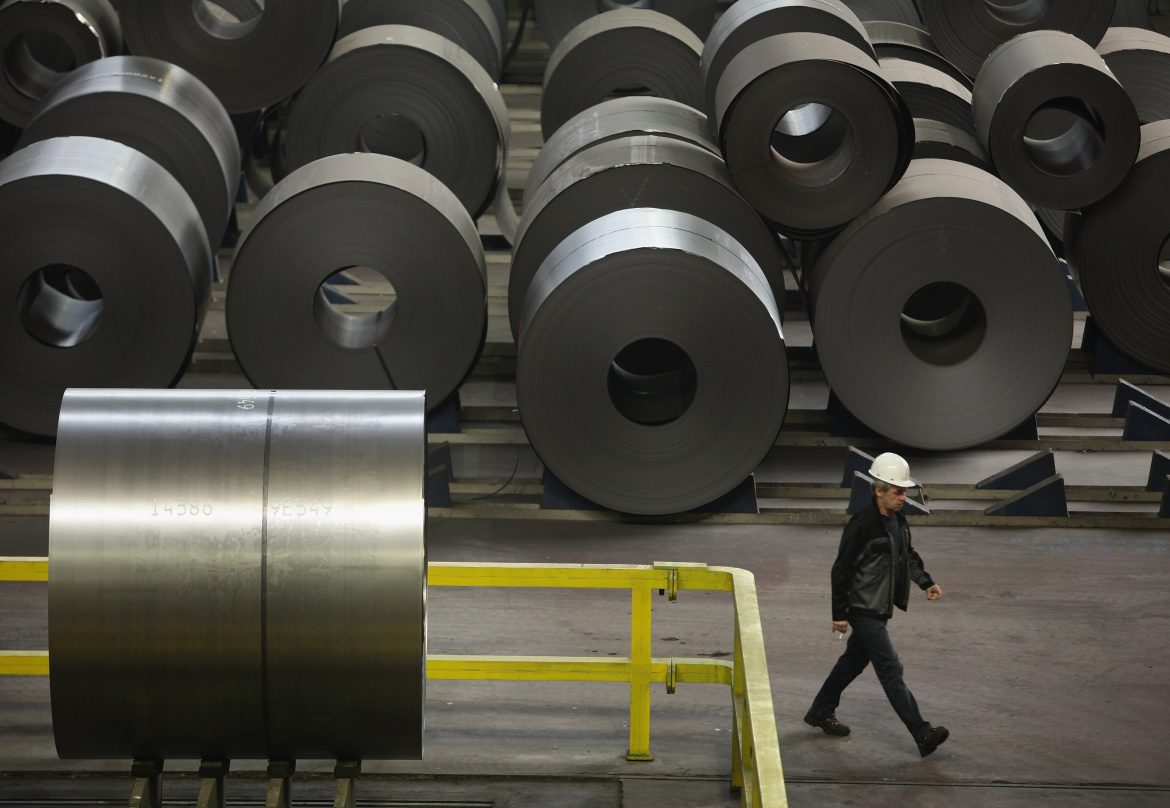
Your comment submitted.